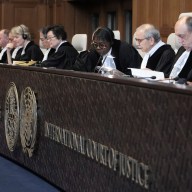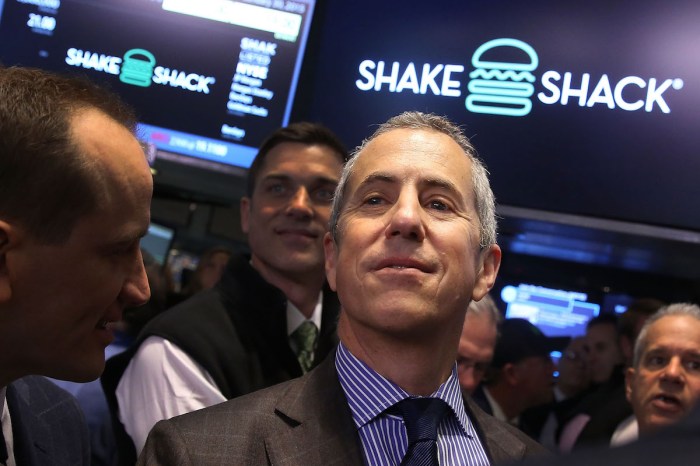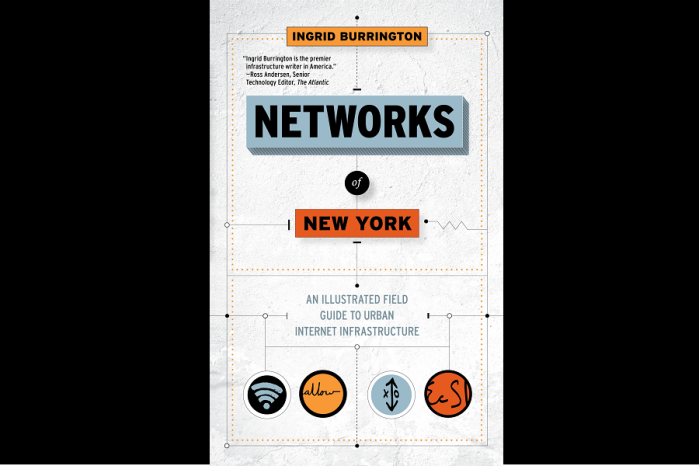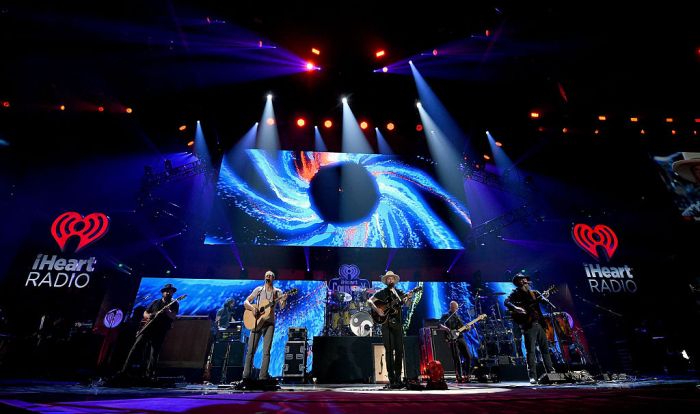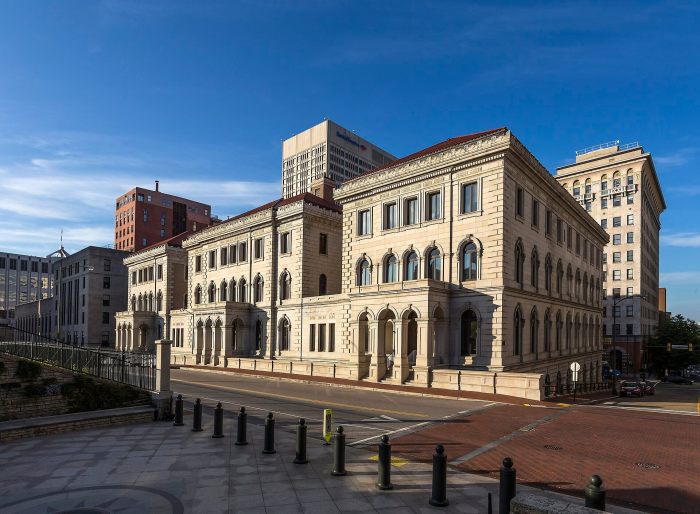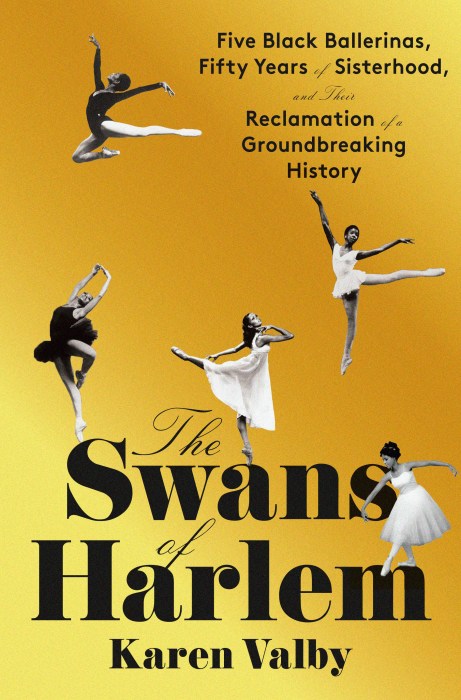In many ways, watching your neighborhood transform over the years feels like watching your children grow up. Sometimes, you feel helpless about these changes, other times they mirror your own growth. Author Emma Straub is no stranger to this shift. “I remember when I graduated from college, it seemed like half of my graduating class moved to Brooklyn and I had this weird freak out where I was like, ‘But it’s not theirs, what are they doing?'” she recalls. “I got very possessive. In general, I’m not a possessive person. But I got very possessive about my city.” RELATED: NYC offers $100 million to buy land for Brooklyn park Straub, a New York native, grew up and started a family of her own all while living in various corners of Brooklyn. She uses the borough as a character in her latest book, “Modern Lovers,” set in Brooklyn’s quaint Ditmas Park neighborhood. The novel traces the paths of Andrew, Zoe and Elizabeth, who have known one another since their punk rock days of college. Now approaching their fifties, they are forced to take a step back and re-evaluate their relationships and their priorities. Given its perceptive take on youth and growing older — and its spot-on depiction of gentrifying Brooklyn — “Modern Lovers” is a must-read this summer. “Whenever people talk about summer reading and beach reading, they really mean a book that you’re reading for pleasure,” she says. “If my book falls into that category, I think that’s terrific.” We spoke with Straub about the joys of modern love in Brooklyn.
What was the inspiration behind “Modern Lovers”? Which character do you relate to the most? Throughout the book, there are ordinary moments that are strangely compelling and relatable. Why did you decide to write about these? What do you plan on reading this summer? RELATED: 3 new books changing outdated views on sexism and gender As a native New Yorker, how have you experienced the changes in Brooklyn that you allude to in the book? Do you think there’ll be a new place that’ll be the new Brooklyn anytime soon? Follow Chloe Tsang on Twitter @itschloet
I was personally inspired by having a middle-aged neighbor who played the drums in a local rock’n’roll band. I would often hear him practicing. I thought it was so cool and fun that he was a grown up person with a family and a life who still cared enough about playing music to do it with his friends. I tried to write a short story about that. And then I realized the story I was interested wasn’t really about the band itself. It was about marriages and parenthood and all those other things.
I relate to all of them to varying degrees. I think Harry, the teenage boy in the book, is probably the closest in some ways just because he’s a little bit innocent and not as worldly as he would like to be at 16, which is how I felt at the time.
That’s what I like to read about. Sometimes I like a good crime story/mystery novel, but mostly what I like to read is books about people living their lives and their relationships. I never worry about having a story that seems too quiet, because I think that’s how life is. When you go and meet a friend for dinner and they tell you the stories of whatever has happened to them since you saw them last, those are the stories you listen to and are interested in — stories about people you care about. It’s not about asteroids and monsters, although sometimes asteroids and monsters are fun. I don’t think that writers get to choose their milieu.
Rumaan Alam has a debut novel coming out in June called “Rich and Pretty.” Another friend of mine, Stuart Nadler, has a book coming out in July called “The Inseparables.” And I’m also really looking forward to reading the new Ann Patchett. She’s one of my heroes.
I’ve seen the borough change enormously. When I started high school, Brooklyn was this far-off land. I went to summer camp with a lot of kids from Brooklyn, and I never saw them during the year because it felt like going to the moon from where I lived [in Manhattan]. Now, it doesn’t feel that way. I think like all changes to places that you love, sometimes it seems wonderful and like a neighborhood is becoming more robust. And sometimes it seems terrible and like there’s sort of an overdevelopment tipping point where it starts driving people out because the rent gets too high. I don’t think it can keep going like this forever. I think there is this Brooklyn fever pitch that’s happening right now, and once that passes, it’ll be nice.
Yes — Queens!
Brooklyn is for lovers
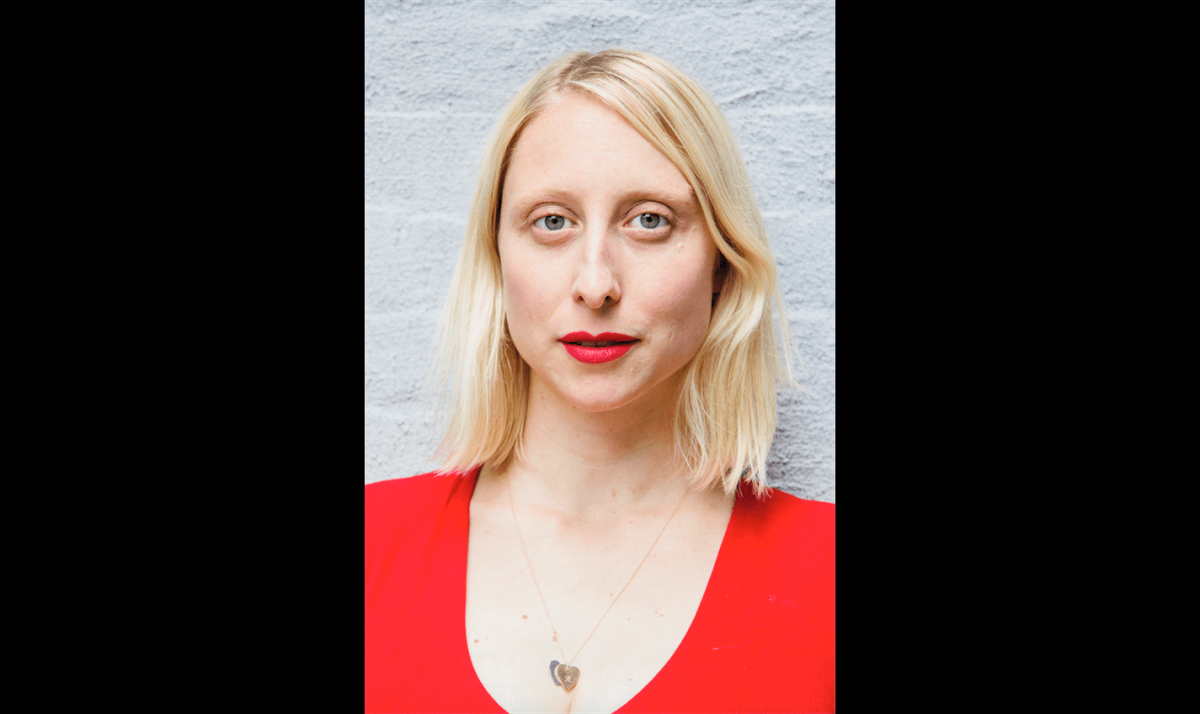
Jennifer Bastian









